“The way to the star
can often be
to pick up a stone.”
Roger Housden, Risking Everything
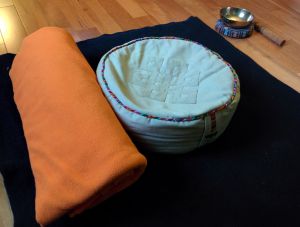 For a bunch of years I would spend at least a week of my summer break away in silence. Usually to Cloud Mountain, in Castle Rock, Washington, I would attend one of the Buddhist retreats. Though I hadn’t identified as Zen, Tibetan, Theravadan or even Buddhist, I loved the deep quiet.
For a bunch of years I would spend at least a week of my summer break away in silence. Usually to Cloud Mountain, in Castle Rock, Washington, I would attend one of the Buddhist retreats. Though I hadn’t identified as Zen, Tibetan, Theravadan or even Buddhist, I loved the deep quiet.
Besides the stillness and gentle guidance, scrumptious vegetarian meals were served, and it was a luxury to not worry about feeding myself or anyone else. I simply showed up to the table and filled my plate.
Those “vacations” from the whirl of the world nourished: Besides the food, I could witness the wildness of my very own mind making a big mess of things with no danger of doing further immediate damage. I didn’t need to figure out what to say to anyone.
Odd as it may seem, I’d return from my days away more refreshed than from most beach-vacations. Many times, some trouble I was feeling had worked itself out–or didn’t seem such a big deal. Some crazy relationship with a colleague, a neighbor or someone in my family didn’t seem quite so impossible. The luxury of quiet allowed me to observe how my own mind creates the chaos, drama, and constant travels back in time and hops into the future. Continue reading “The Other Side of Silence: Chopping Onions and Peeling Potatoes–Cooking at SCOL”
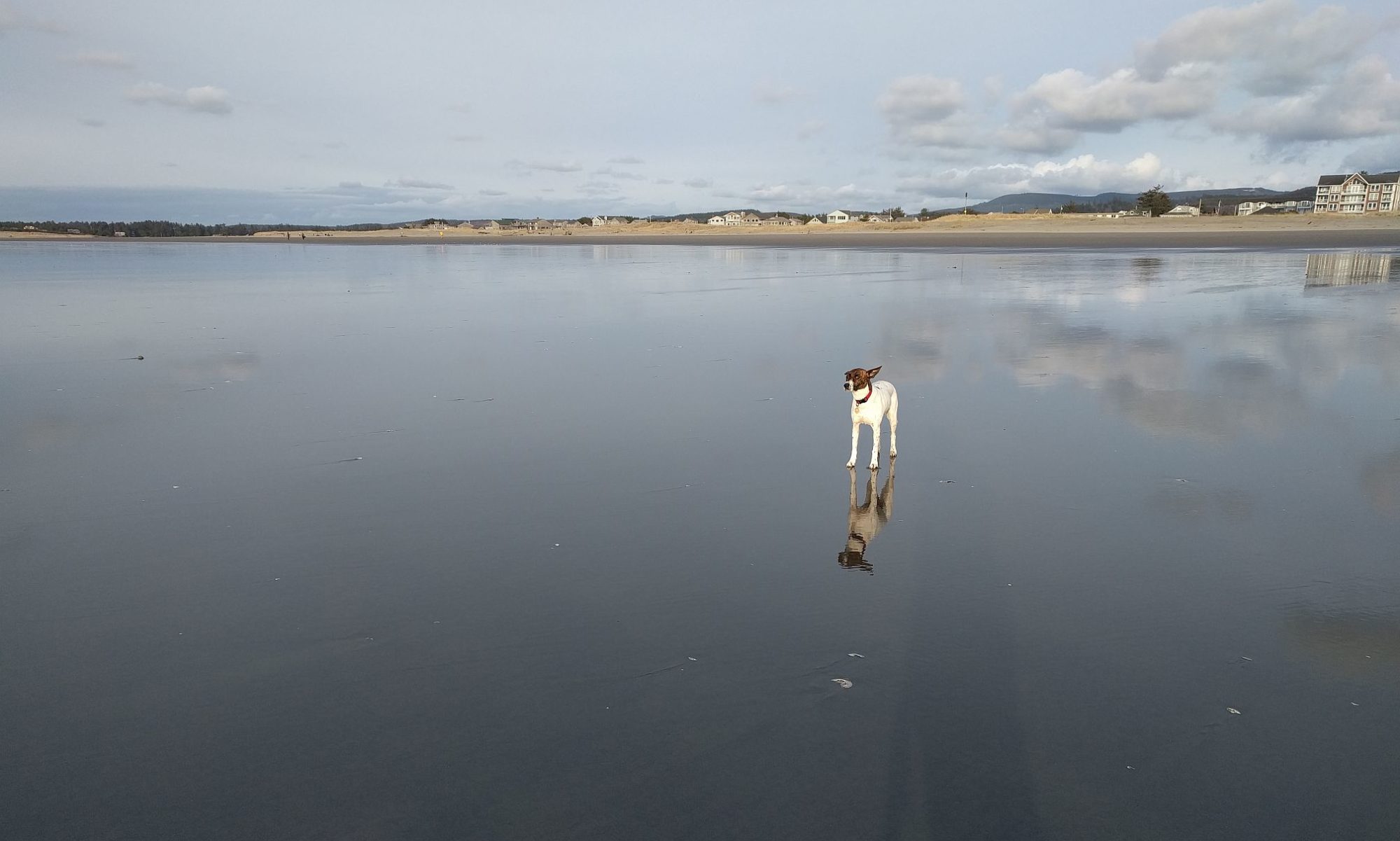

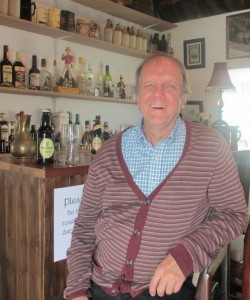
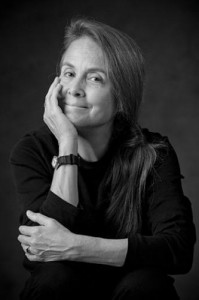 I learn a lot when writing these blog posts–usually when writing anything. This week’s musing on the poem “Kindness” by Naomi Shihab Nye led me to new places. I had to think about why I’d been drawn to the poem so many years ago, and I also learned what led her to write the poem. It had been too long since I read “Kindness” out loud, and then I listened to her reading–which you can find at the end of this post (the 3 min. video where she tells how she came to write this and another poem!)
I learn a lot when writing these blog posts–usually when writing anything. This week’s musing on the poem “Kindness” by Naomi Shihab Nye led me to new places. I had to think about why I’d been drawn to the poem so many years ago, and I also learned what led her to write the poem. It had been too long since I read “Kindness” out loud, and then I listened to her reading–which you can find at the end of this post (the 3 min. video where she tells how she came to write this and another poem!)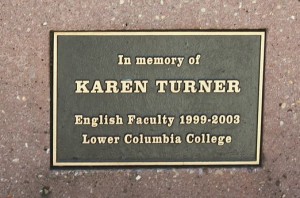
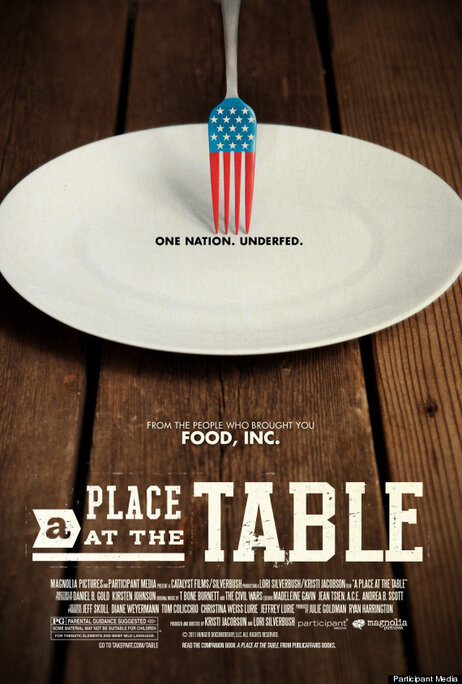 Let us be united
Let us be united